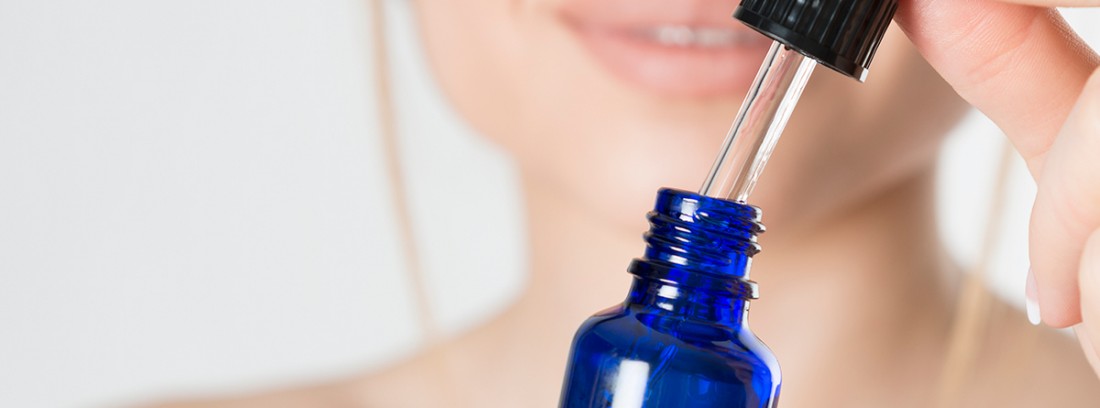Exploring the Benefits and Uses of Tea Tree Oil

What is the tea tree?
Tea tree oil is a natural product obtained from a steam distillation of the fresh leaves and bark of the Australian tea tree, whose scientific name is The name of tea tree was given to it by the English captain James Cook around 1770 when he observed that the aborigines of the area prepared an infusion with its crushed leaves with which relieved cough and sore throat, in addition to applying them in the form of a poultice to heal wounds, insect bites, skin infections and Even during World War II Australian soldiers carried a bottle of tea tree essential oil with them to alleviate various health difficulties they encountered.
The versatility and effectiveness of its use, makes the pure tea tree oil is widely marketed and that it serves as a component of innumerable products of beauty, hygiene, health and for the welfare of people. It is a good idea to keep it handy in your travel bag as it can alleviate more than one compromising situation.
Tea tree properties
The main properties of tea tree essential oil are: antibacterial, antiviral, fungicidal, healing and insect repellent. Its characteristic and unmistakable smell is not very attractive for diffusion use, which is why it is usually applied mainly topically. It rusts easily so it is best to keep it in a cool place or even in the fridge.
What is it for?
Taking into consideration the mentioned properties we can use the tea tree oil in multiple scenarios:
- For acne. After you have carefully cleansed your face, apply a pure drop directly to the pimples.
- For cold sores. Dilute 1 drop of essential oil with 1 drop of coconut oil and apply to the affected area. Repeat the application at least five times a day.
- For canker sores. Apply 1 drop of pure essential oil to the canker sore two to three times a day.
- For oral hygiene, gingivitis or bad breath. Prepare a mouthwash by diluting 1 drop of essential oil with a little coconut oil. Keep in the mouth for about 10 minutes. You can also add 1 drop of essential oil to toothpaste when brushing your teeth.
- For throat infections. Gargle diluting 4 drops of the essential oil in a cup of warm water repeat twice a day and never swallow, spit.
- For nasal congestion. Using steam baths, use a pot with boiling water and add 5 drops of essential oil, take nasal breaths with the steam.
- For nail fungus. Apply 1 drop of pure essential oil to the affected nail or nails in the morning and at night for 1 month.
- For scratches or superficial wounds. To disinfect a superficial wound, use 1-2 drops of pure essential oil.
- For skin disorders such as psoriasis, dermatitis, allergies: dilute 10 drops in a tablespoon of base oil: jojoba or sweet almond and apply to the area 3 times a day.
- For dandruff. Add to the usual shampoo 10 drops for every 250 cc of shampoo. Wash hair as usual and leave the shampoo to act for about five minutes before rinsing.
- For lice. Add 30 drops to 100 ml of the usual shampoo. In case of infestation, apply diluted all over the scalp and cover the head for 30 minutes. Then use a nit or special comb soaked in oil to remove all the eggs.
- For insect repellent. Mix 7 drops of oil and half a liter of water and spray the mixture around the house.
- For gynecological infections, candidiasis, cystitis. Make warm water sitz baths with 10 drops diluted in the water.
- For the care of pets. It is very useful to eliminate fleas and ticks. In the case of fleas, rub the animal with a sponge soaked in water and 10-15 drops of oil, then proceed to bathe it. If it is ticks, apply the oil directly to the area and after a few minutes it will come off on its own. Putting a few drops on the pet's bed helps control bad odors and keep fleas away.
- For household cleaning. Mix 25 drops of oil and half a liter of water in a sprayer and use the mixture to clean and disinfect surfaces such as kitchen or bathroom.
Contraindications
Tea tree essential oil has no contraindications or toxicity in the usually recommended doses in aromatherapy. It can be used during pregnancy, lactation and in children from 6 years old respecting the indications and precautions for use. Even so, the following considerations should be taken into account:
- Apply the oil for external use and in no case ingest it.
- Avoid contact with eyes and mucous membranes.
- Handwashing after its application.
- If irritation occurs to the skin or any adverse effect suspend use immediately.
- Do not use In children under 6 years.
- The versatility and effectiveness of its use makes pure tea tree oil widely marketed and serves as a component of countless beauty, hygiene, health and well-being products.
- The main properties of tea tree essential oil are: antibacterial, antiviral, fungicidal, healing and insect repellent.
- Tea tree essential oil has no contraindications or toxicity in the doses usually recommended in aromatherapy and as long as the instructions for use are respected.
Before using tea tree oil, it is advisable to consult a specialist. MAPFRE Salud insurances have a wide medical staff that can advise you on any problem related to the use of this oil.
Article writer: Alessandra Huerta
(Updated at Apr 13 / 2024)